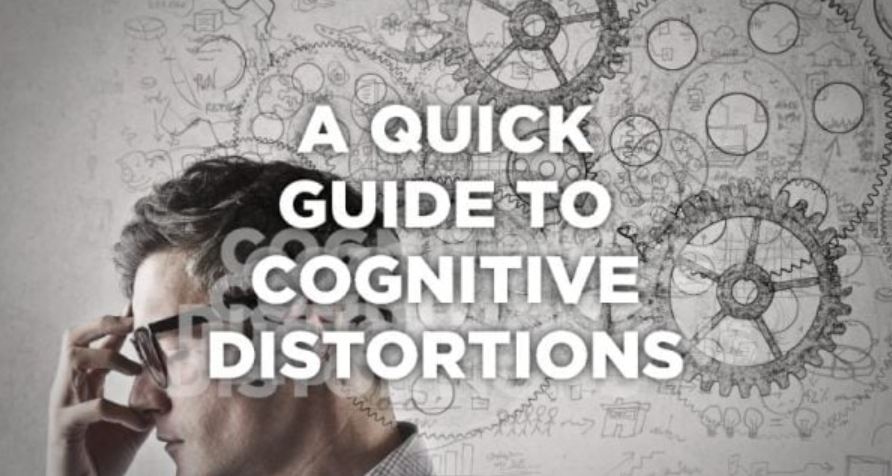Cognitive distortions- the “perception of choice”
“Part of the people can be fooled all the time, the whole people can be fooled for some time, but it is not possible to fool the whole people all the time.” The catchphrase is attributed to Abraham Lincoln, the 16th President of the United States, although the French Enlightener Denis Diderot wrote something similar more than a century before Lincoln.
Regardless of who said it first, the Enlightenment pathos of the saying is obvious. It is based on the optimistic idea that it is enough to create an appropriate environment, educate people enough, and form “correct” state institutions, and people will abandon their delusions. That’s how Diderot thought in the 18th century and Lincoln in the 19th century.
Of course, it would be nice if they were right. But the realities of the 20th century fundamentally refute those schematic ideas. And it is not only the establishment of totalitarian regimes but also the mass delusions of people living under those regimes. In particular, the republican form of the state and the parliamentary system of government in Germany did not prevent the establishment of dictatorship or the destructive delusions of millions of Germans (as of the 1930s, the most educated and developed people).
That is the reason that in the second half of the 20th century, political scientists began to focus on other “subjective” factors. The American Gabriel Almond, for example, was sure that the “integrating” factor of the society is not in the institutional power relations but in the views, positions, and opinions of people regarding the political culture, that is the political system. They can be defined as patriotism or alienation concerning the general political system in terms of defining the nation as “big,” “small,” “strong,” or “weak,” about the civilization itself as “democratic,” “constitutional,” and “socialist.”
If views, positions, and opinions are essential, then manipulation and propaganda are significant. And it is only possible to work in this field by knowing the specifics of psychology. In particular, we should be familiar with our so-called “cognitive distortions,” systematic thinking errors. The cognitive distortions or distortions that propaganda uses are many and varied. One of the simplest is the repetition effect. One of Maxim Gorky‘s heroes noticed: tell a man 100 times that he is a pig, and after the 101st time, he will start snorting like a pig. Or, as in George Orwell‘s Animal Farm, “Four legs are good, two legs are bad,” and by repeating that mantra every morning, animals are convinced that they are better than humans. A more modern example, people were told every day that they were being ripped off by speeding fines, and it was drilled into their minds.
But it is interesting what happens after that, and here we are dealing with a more complex cognitive deviation. When it is necessary to change the slogan by 180 degrees, people continue to believe that those who uttered that slogan are right. In the same Orwell novel, when it is said that “four is good, but two is better,” or when it is said that all animals are equal, but there are more equals, this is met with no particular resistance. In the same way, unruly drivers pay the same fines for the violations recorded by the same speedometers, but now it does not cause many protests and is not a serious political issue; another cognitive distortion which is called “perception of choice.”
Suppose you bought an expensive and useless product in a store. Your brain is doing its best to justify that choice in every possible way. The more meaningless our selection, the more enthusiastically we defend it and try to find some advantages in the useless product we buy. Totalitarian sects and financial pyramids operate on this principle. In a bad situation, people are ashamed to say that they do not want to admit that they have done wrong. It is also a bit like Stockholm syndrome when the victim starts looking for virtues in the aggressor.
Many of our citizens also understand that they made a wrong choice in 2018, especially in 2021. But it’s difficult for them to admit it: let’s say they blocked the streets enthusiastically and chanted, “Take a step, and reject Serzh.” During that time, they established themselves as citizens; maybe for the first time, they felt like citizens, breathed the air of revolutionary romance, and considered themselves a part of an important cause and a “fighting type.” And after all, that, to suddenly admit that all that brought the Republic of Armenia and Artsakh to a disastrous state. I can imagine how difficult it is. Over time, of course, many people will reinterpret events. But it’s too early to talk about it yet.
Aram ABRAHAMYAN





















































